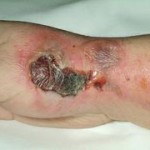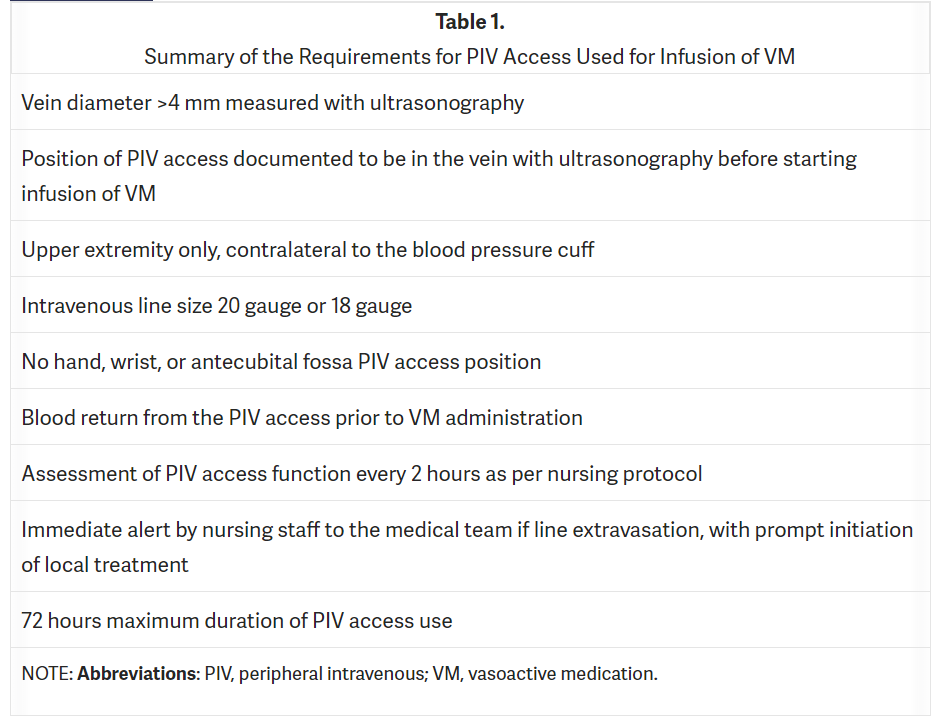- Joined
- Sep 11, 2013
- Messages
- 37
- Reaction score
- 12
Hey all,
MS4 here applying to anesthesia. I loved both SICU and MICU as an MS4, but to be completely honest, MICU beat SICU by miles, the main difference being the sense of ownership being greater in MICU.
I know the ED - > PCCM pathway was recently created. Is there any possibility of there being an anesthesia -> PCCM fellowship pathway being approved in the next 5 or so years? What would the barriers be? I was initially surprised when I learned about the ED->PCCM route (it seems like ED gets to do all sorts of fellowships?!), while I would argue that anesthesiologists would also be similarly qualified to train in PCCM.
MS4 here applying to anesthesia. I loved both SICU and MICU as an MS4, but to be completely honest, MICU beat SICU by miles, the main difference being the sense of ownership being greater in MICU.
I know the ED - > PCCM pathway was recently created. Is there any possibility of there being an anesthesia -> PCCM fellowship pathway being approved in the next 5 or so years? What would the barriers be? I was initially surprised when I learned about the ED->PCCM route (it seems like ED gets to do all sorts of fellowships?!), while I would argue that anesthesiologists would also be similarly qualified to train in PCCM.


